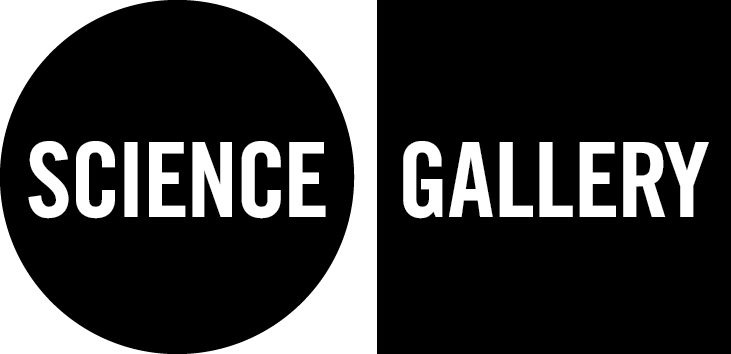Colin Keogh and the Open Source Ventilator Project (OSV) Ireland
A project by artist-engineer Colin Keogh, and two co-founders, David Pollard and Connall Laverty, to develop a low-resource Field Emergency Ventilator (FEV) for Coronavirus (COVID-19) patients.
Artist-engineer Colin Keogh
In light of the recent global events caused by the Coronavirus (COVID-19) outbreak, Colin Keogh, artist, engineer and 3D printing entrepreneur, is leading a group of experts that are working together on Open Source Ventilator (OSV) Project.
The project was created with a mission of building a focused team in Ireland to begin development of a low-cost and open-source emergency-use ventilator, producible at scale to aid the treatment of COVID-19 patients. It directs a community-driven team of volunteers of various skills working remotely on a simple, reliable and safe Field Emergency Ventilator (FEV) in partnership with the Irish Health Service and working closely with OpenLung Canada.
This project is a result of a community discussion within a Facebook group called Open Source COVID-19 Medical Supplies (OSCMS), that in a matter of days brought together more than 1,000 experts willing to offer time and expertise. The group started focusing exclusively on developing ventilators, machines that provide the lungs with oxygen and are essential in treatment for severe cases of COVID-19, and which are in short supply globally. As the project progressed, it has expanded and currently is targeting the development of a number of different COVID-19 related medical supplies
“The façade will provide Science Gallery Melbourne with opportunities to strengthen their role in architectural design, human-computer interaction, and public engagement”
Ventilator model and Illustration by Trevor Smale (above)
Colin Keogh, whose PhD was supported by Science Gallery International, and has collaborated on educational projects at both SGI and Science Gallery Dublin, was selected by Forbes as one of Europe’s 30 under 30 in 2017, and is currently organising volunteers, setting up structures and systems to fast track the development of these solutions and structure a response. The project remains open for those interested, particularly if they are medical professionals, engineers, project managers, makers, fabricators, or people who are attached to related communities. You can find the participation request form on their website.
WHAT WERE THE BENEFITS AND IMPACTS?
▶ Growth of scientific knowledge
▶ Collaborative scientific work and research
▶ Open access innovation
▶ Fast response to societal needs
Compiled by: Jahitza Balaniuk and Katrina Enros, Science Gallery International 2020
Activity date: March 2020


